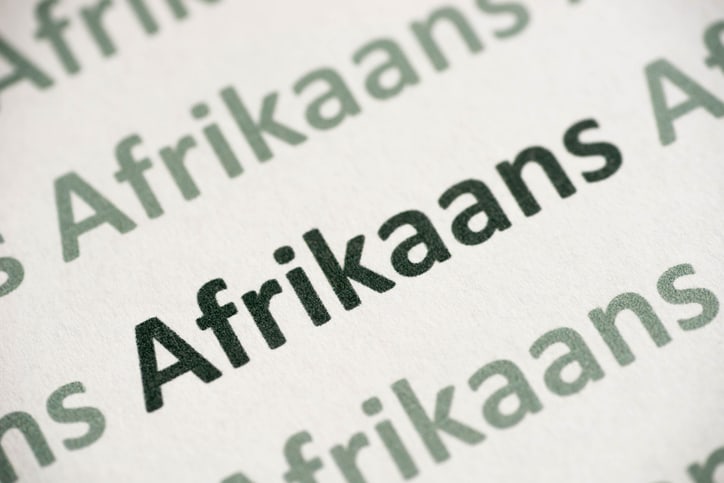

South Africa’s University of Pretoria has begun phasing out Afrikaans as its official teaching language and replacing it with English. This move is the result of a 2016 decision made in response to student protests that decried Afrikaans as a barrier to black students’ learning and sense of belonging at the university.
South Africa has eleven official languages, including Indigenous languages like Zulu, Xhosa, and Sepedi as well as Afrikaans and English, which were both introduced by colonizers.
While racial apartheid officially ended in South Africa in the 1990s, allowing black students to attend universities like Pretoria, the use of Afrikaans still divides the student population. Many allege that Afrikaans has been used as a tool to keep the student body of these colleges white and wealthy.
Many students have shared their experiences on Twitter, discussing the humiliation and discrimination they faced in the classrooms of Afrikaner lecturers who, allegedly, deliberately failed black students and said it “was not [the lecturers’] problem” if the students could not understand them.
University of Pretoria’s decision follows in the footsteps of another prestigious South African university, Stellenbosch University, which also chose to phase out Afrikaans after the success of student movements such as #AfrikaansMustFall (“Students Protest Multilingual Instruction in South Africa,” Language Magazine, July 2015).
Many South African schools have also started offering classes in African languages. So too will the University of Pretoria. While making the overall switch to English, the university will still stride toward multilingualism, offering support services wherever possible to students in their home languages. Pro-Afrikaner groups, most notably civil rights group Afriforum, have opposed the university’s language change. They believe it discriminates against Afrikaners and have said that the university was not “honest” about its policy reforms.
South Africa’s current finance minister, Tito Mboweni, also voiced opposition to the change, tweeting, “I publicly, and in my personal capacity, DISAGREE, with the phasing out of Afrikaans as one of the mediums of teaching at the University of Pretoria. As a country, you are shooting yourselves down. You will regret it in 30 years’ time.”





